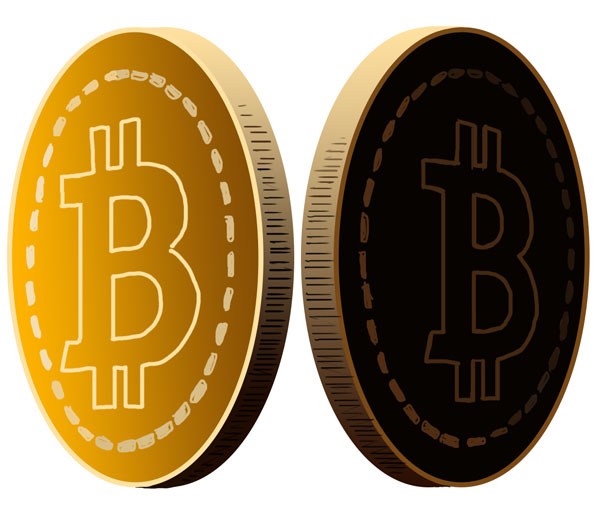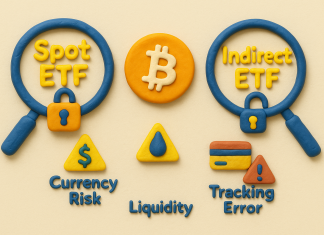
Cryptocurrency has come a long way, and we don’t mean just price. In the beginning was bitcoin, an idea of a fungible asset, immune to inflation, confidential and decentralized, untethered to existing currencies, and free from governmental whims. In the years to follow, thousands of new coins appeared. Each had their own formula of features, sometimes retaining certain characteristics of Satoshi’s original vision, while other times modifying or abandoning them.
Black market traders, money launderers, and pump & dump scammers seized the new technology, necessitating governmental intervention. This signaled the first massive departure from the dream of an entirely unregulated currency. Digital asset exchanges around the world gradually ceded more control to government agencies under threat of forced closures. Untraceable crypto transactions began to look more like an antiquated fantasy as exchanges became increasingly reluctant to list tokens that boasted the highest degree of anonymity.
The blockchain landscape of 2022 would likely appear topsy-turvy to Satoshi. We have NFTs that are designed to be non-fungible, stablecoins that are locked to the value (and inflationary movement) of a fiat currency, exchanges with know-your-customer protocols that rival legacy banks, and over 90 countries in various stages of researching and developing a Central Bank Digital Currency (CBDC), such as the digital yuan that China hopes will gain publicity and traction during the upcoming Winter Olympics in Beijing.
“Digital asset” is now an umbrella term that covers a highly fragmented industry, where DLT-backed assets at opposite ends of philosophical and political spectrums have practically zero resemblance to each other. It’s evident now that blockchain technology—once universally hailed as a vehicle of freedom—could just as easily be employed as an unprecedented tool of surveillance and incrimination. It’s time for people to seriously consider all implications and remain guarded, because the foxes are poking around the henhouse.





![[JULY]New President, New Terms For Crypto Sector](https://coinhubkorea.com/wp-content/uploads/2025/07/ChatGPT-Image-2025년-6월-30일-오후-05_28_13-100x70.png)
